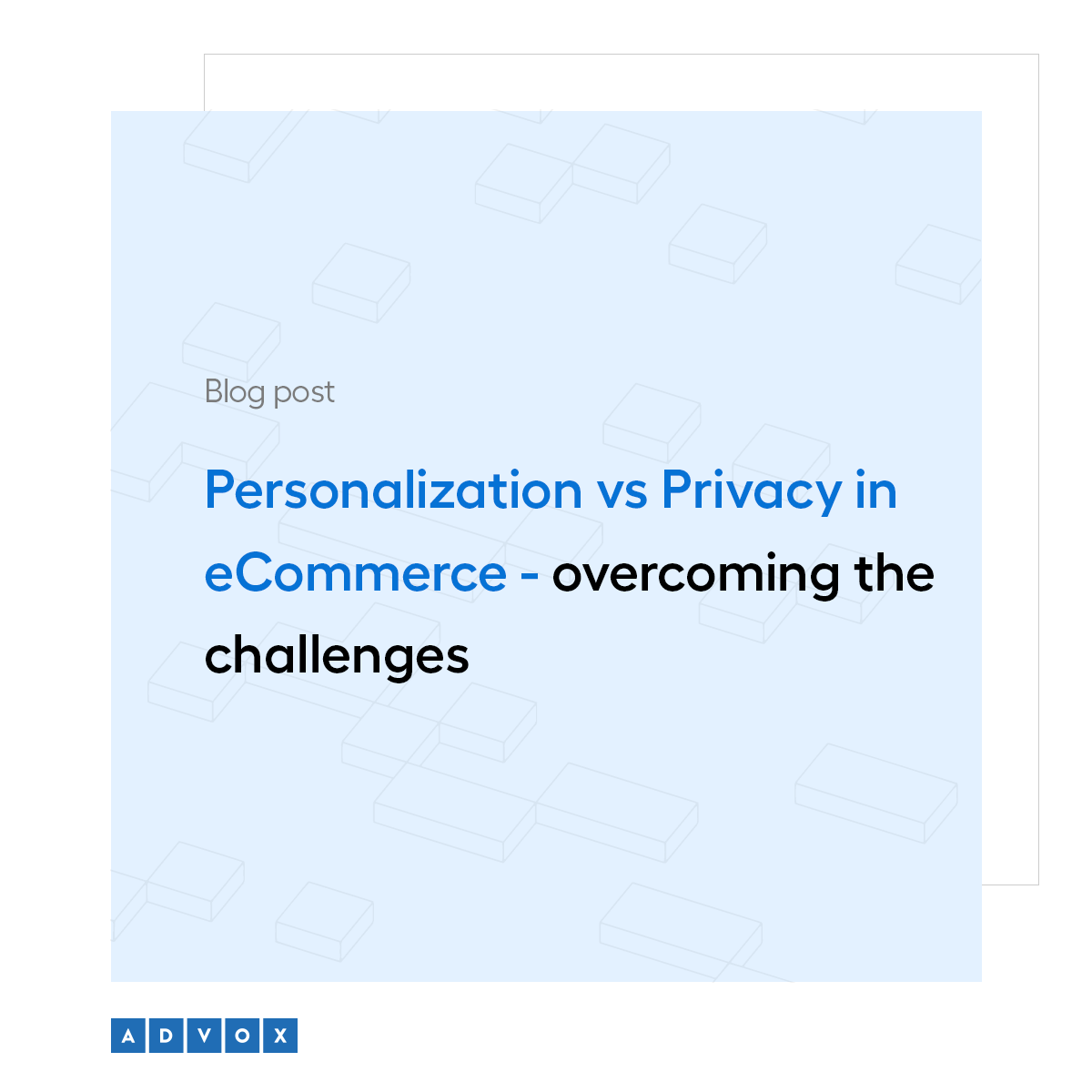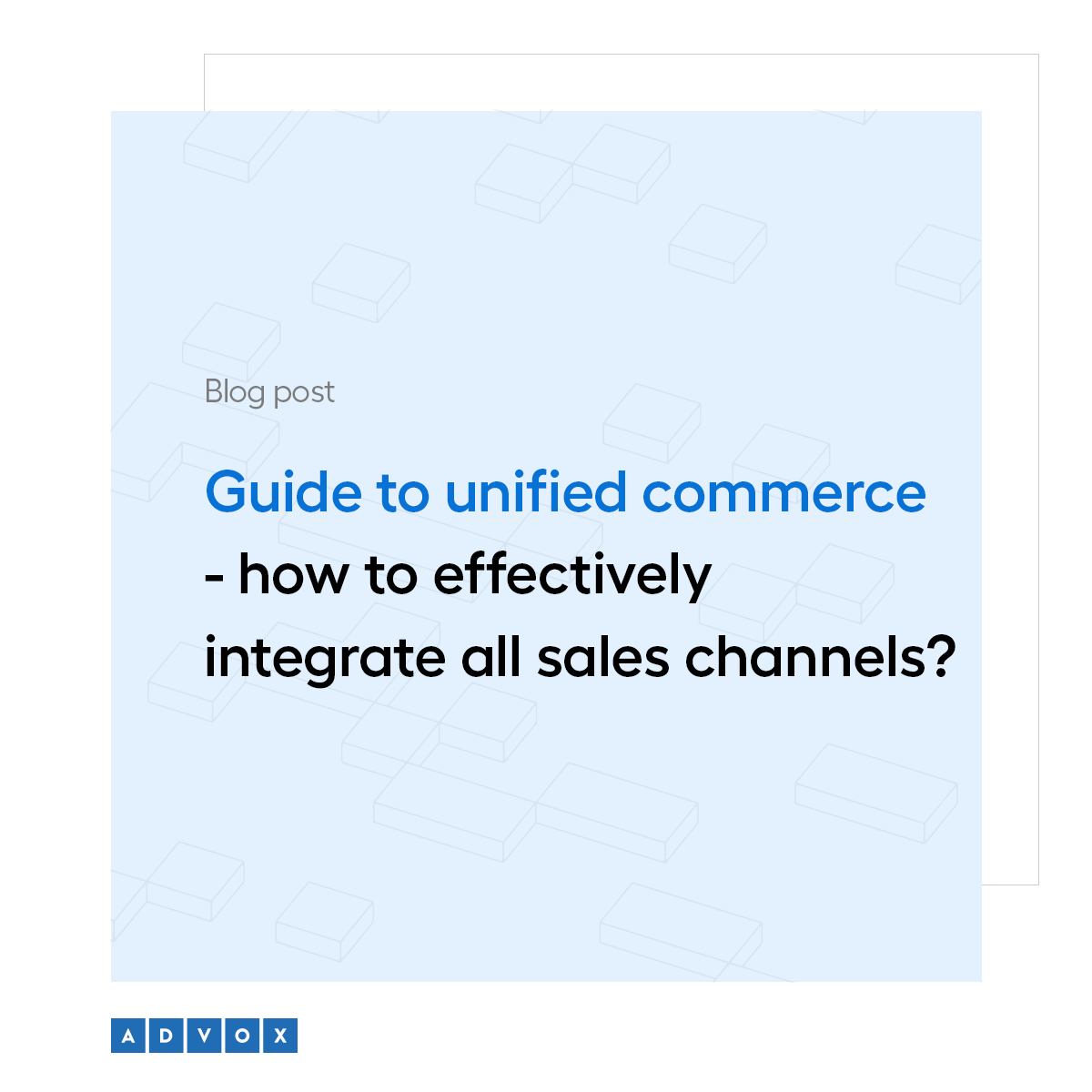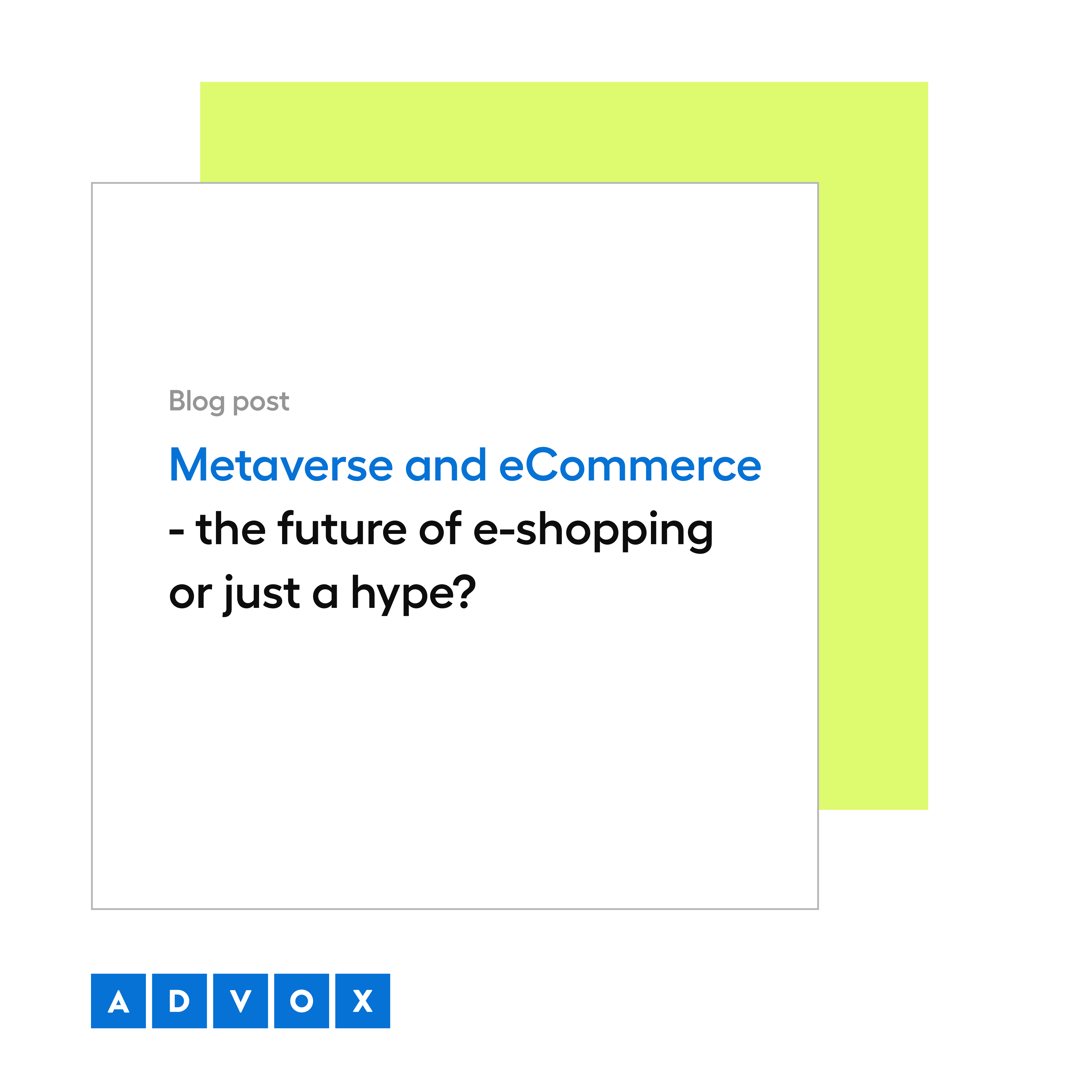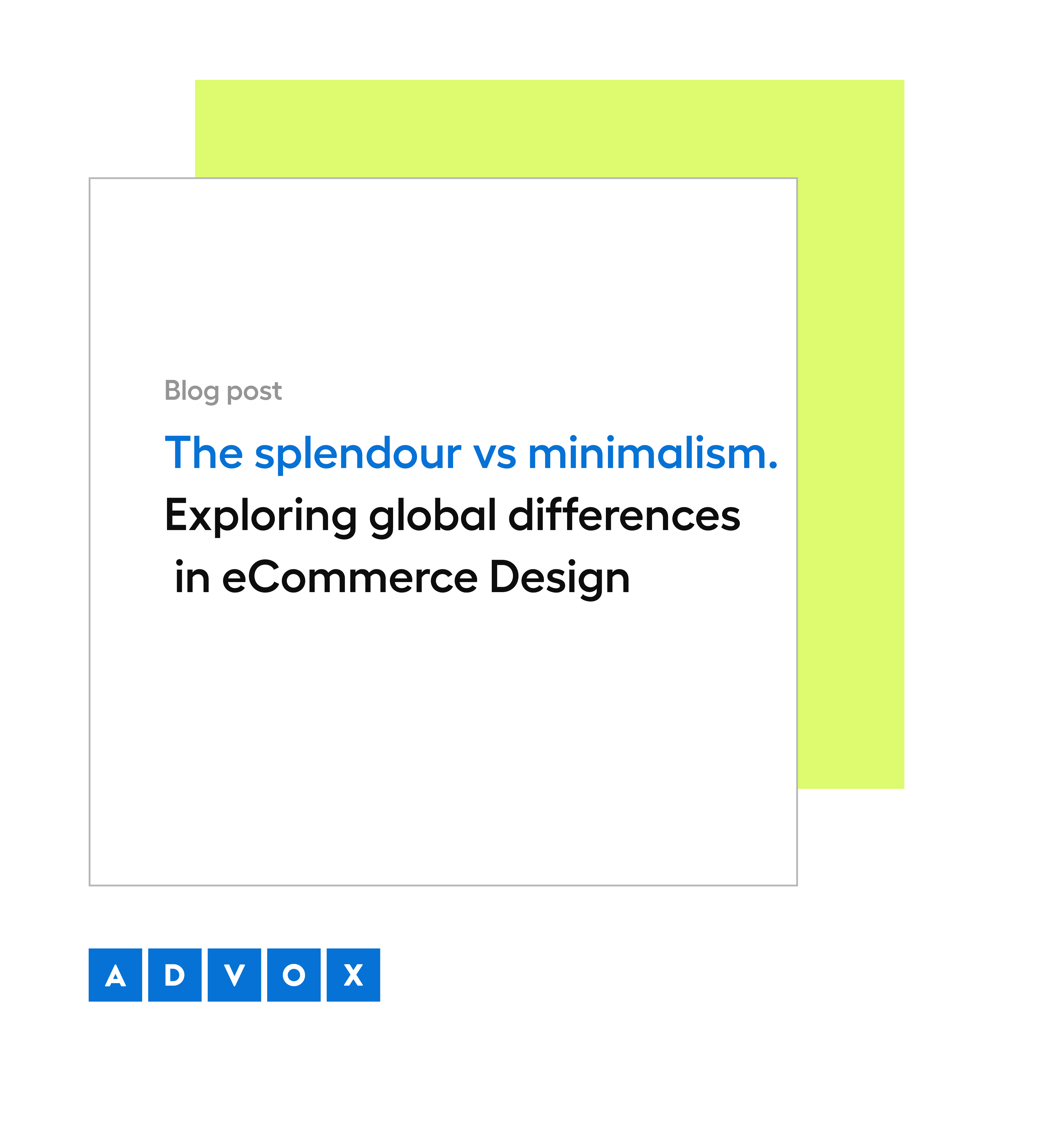Table of contents
- What is UOKIK in Poland?
- Fines for online stores – what does UOKiK do in eCommerce?
- UOKiK vs eCommerce – the most interesting cases
- Dark Patterns – UOKiK on the trail of manipulative sales techniques
- Legal regulations to remember when selling online
- Could you face a UOKiK fine?
It's hard to count how many transactions consumers complete daily, both in physical stores and online. Along with attractive prices and new products on the shelves, shoppers may also encounter misinformation or unfavorable contract terms. This is where UOKIK, the Office of Competition and Consumer Protection, steps in. In this article, you'll learn more about the role of this authority in the eCommerce sector. Read on to ensure you're selling in accordance with market rules and legal regulations!
What is UOKIK in Poland?
UOKIK (Polish shortcut for Office of Competition and Consumer Protection), specifically the President of UOKIK at its head, is the central government authority responsible for protecting consumer rights and ensuring fair competition in the market. One of UOKIK’s primary goals is to ensure that relationships between consumers and businesses are free from abuses arising from the advantage a professional has over a less experienced consumer. In Polish law, consumers are considered the weaker party in transactions because they naturally do not possess the same level of knowledge about the market, industry, or regulations as the business owner.
UOKIK safeguards consumer interests through actions such as:
- eliminating practices that violate the collective interests of consumers and removing prohibited clauses from contract templates,
- market supervision,
- monitoring the system for resolving consumer disputes amicably,
- financing consumer advice services through hotlines and online advice systems,
- providing cross-border advisory services through the European Consumer Centre.
The growth of eCommerce presents new challenges for UOKIK, particularly in ensuring that consumer rights are upheld in the digital environment. As online shopping continues to soar in popularity, UOKIK is taking steps to increase transaction transparency and combat unfair practices in the eCommerce space.
Fines for online stores – what does UOKiK do in eCommerce?
In what situations can the rights of online consumers be violated? In eCommerce, consumers often don't have the opportunity to physically inspect a product before purchase, which can lead to various types of abuse, such as deceptive interfaces, hidden costs, misleading promotions, or a lack of transparency regarding consumer rights (e.g., returns and complaints). For this reason, alongside well-formulated terms and conditions, it is equally important to focus on proper UX (User Experience) design, which should be transparent and intuitive for the user. These new challenges, characteristic of eCommerce, require special oversight.
What happens when one of these aspects is violated? In such cases, the UOKiK can impose a fine on an online store of up to 10% of the store’s annual turnover from the year preceding the imposition of the fine. Business owners managing an online store can also face penalties — for those in the highest managerial positions, fines can reach up to 2 million PLN.
UOKiK’s actions in the eCommerce sector typically focus on:
- Compliance with legal regulations – monitoring businesses' adherence to current regulations, including the Omnibus Directive.
- Ethical business practices – preventing abuses and ensuring fairness in store-customer relationships.
- Protecting consumers from manipulation and deception – eliminating practices aimed at misleading consumers, such as false promotions or hidden costs.
It’s important to note that UOKiK focuses on cases with a collective nature, meaning that its interventions concern violations that affect a larger group of consumers, not individual incidents. Therefore, the President of UOKiK will not resolve disputes involving isolated incidents, such as issues with a single purchase or a specific product return. UOKiK’s actions instead focus on systemic issues that affect broader groups of people, such as unfair marketing practices, abusive contract clauses, or manipulating information in ways that harm a larger number of consumers.
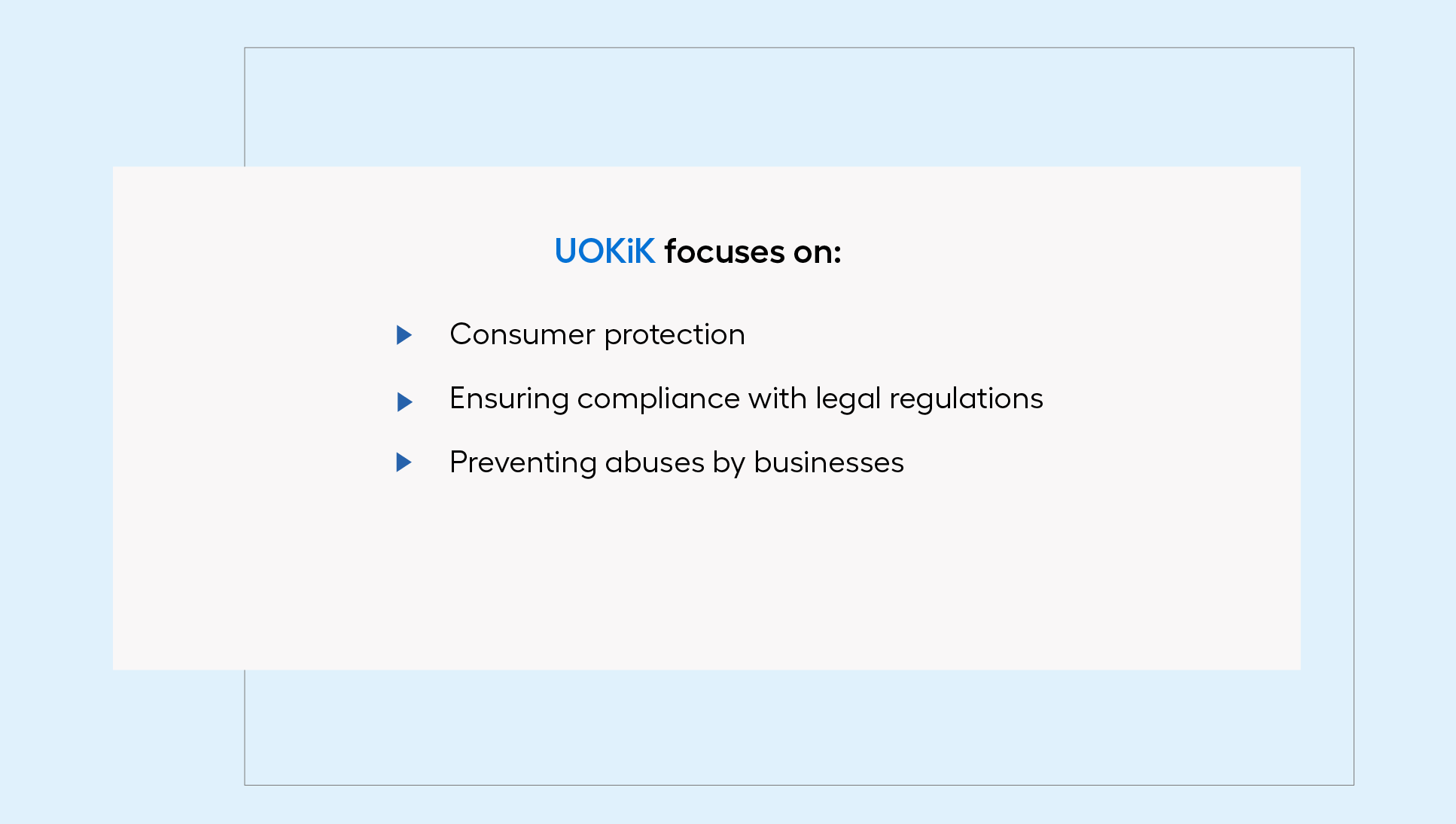
UOKiK vs eCommerce – the most interesting cases
The Office of Competition and Consumer Protection (UOKiK) regularly informs the public about ongoing and concluded proceedings, as well as their outcomes. These updates are available on the UOKiK’s official website. The purpose of sharing such information is to raise awareness among consumers and businesses about the legal regulations and market standards in place, as well as the consequences of violating them.
"Delivery guarantee" by Amazon
In one case, UOKiK imposed a fine of 31 million PLN (about 8 mln dollars) on Amazon’s marketplace for misleading consumers regarding its "delivery guarantee" service. The issue revolved around promises to deliver orders within a specified timeframe. In reality, information about product availability and delivery times was not always accurate. As a result, some orders did not reach customers on time, leading to consumer complaints.
One of UOKiK’s key allegations was that Amazon treated the shipment date as the moment the sales contract was finalised, misleading customers and violating fair practices. In reality, placing an order was merely an offer to purchase a product, which was not binding for Amazon. Even after payment, Amazon could unilaterally cancel the order, as the sales contract, according to the company, was only established at the moment of shipment.
This mechanism was outlined in the terms and conditions and at the final stage of the purchase process. However, the problem was that this information was difficult to find and written in a small grey font on a white background at the bottom of the page. Meanwhile, prominent phrases like “buy now” or “proceed to checkout” could mislead consumers into thinking that the contract was finalised when they clicked these buttons.
This practice had negative consequences for consumers. Customers whose orders were cancelled did not receive the products they had ordered, missed out on opportunities to buy at favourable prices, and their money was “frozen” until refunded. UOKiK emphasised that promises regarding delivery must be reliable, and the date of contract conclusion should be clearly distinguished from shipping information so that consumers are fully aware of the purchase process.
Automatic product addition to the shopping cart in the Duka store
UOKiK imposed a fine of 1.5 million PLN on DUKA for engaging in unfair market practices. The online store automatically added promotional products, such as umbrellas or cups, to customers’ carts without their explicit consent. Consumers often did not notice these additional items and were forced to purchase them, violating their rights.
This practice, known as “sneak into basket”, occurred throughout most of 2022. UOKiK ordered DUKA to refund customers for the unsolicited products, highlighting the need to protect consumers from such actions.
Allegro & 210 Million PLN Fine for Unfair Practices
UOKiK fined Allegro 210 million PLN for engaging in unfair practices that favoured its own services (Allegro’s Official Store operating within the marketplace) at the expense of other sellers on the platform. According to the UOKiK President, “Allegro used information unavailable to other sellers regarding the functioning of its platform, such as the relevance algorithm and buyers’ behaviour on allegro.pl, to better position and display its own offers in search results.”
By doing so, Allegro limited competition on the platform, giving its own listings an advantage over external sellers. As a result, consumers might have been led to believe that Allegro’s offers were more attractive, which could have led to an unfair market advantage. These actions not only misled customers but also restricted fair competition in the eCommerce market.
Bak Drop - a middleman 'pretending' to be an online store
Bak Drop (previously Bigotka) offered a wide range of women’s fashion on its websites arkadie.pl and bigotka.pl, which were presented as traditional online stores encouraging consumer purchases. However, the company was operating on a dropshipping model, meaning it acted merely as an intermediary in orders rather than offering its own products. Consumers only realised this when they tried to make a return, discovering that they were responsible for covering high return shipping costs to foreign suppliers.
Additionally, the company used fake countdown timers, which suggested limited product availability or short-term promotions. However, these timers were fictional, as the products remained available even after the countdown ended, and the promotions continued. UOKiK determined that these practices misled consumers by pressuring them into making quick purchases.
Dark Patterns – UOKiK on the trail of manipulative sales techniques
Recently, the Office of Competition and Consumer Protection (UOKiK) has intensified its efforts to eliminate so-called dark patterns. But what are they?
Dark patterns are manipulative design techniques used on sales platforms to push consumers into taking specific actions, often against their original intentions (e.g., completing a purchase or increasing the shopping cart value). These actions often exploit psychological mechanisms and consumer ignorance.
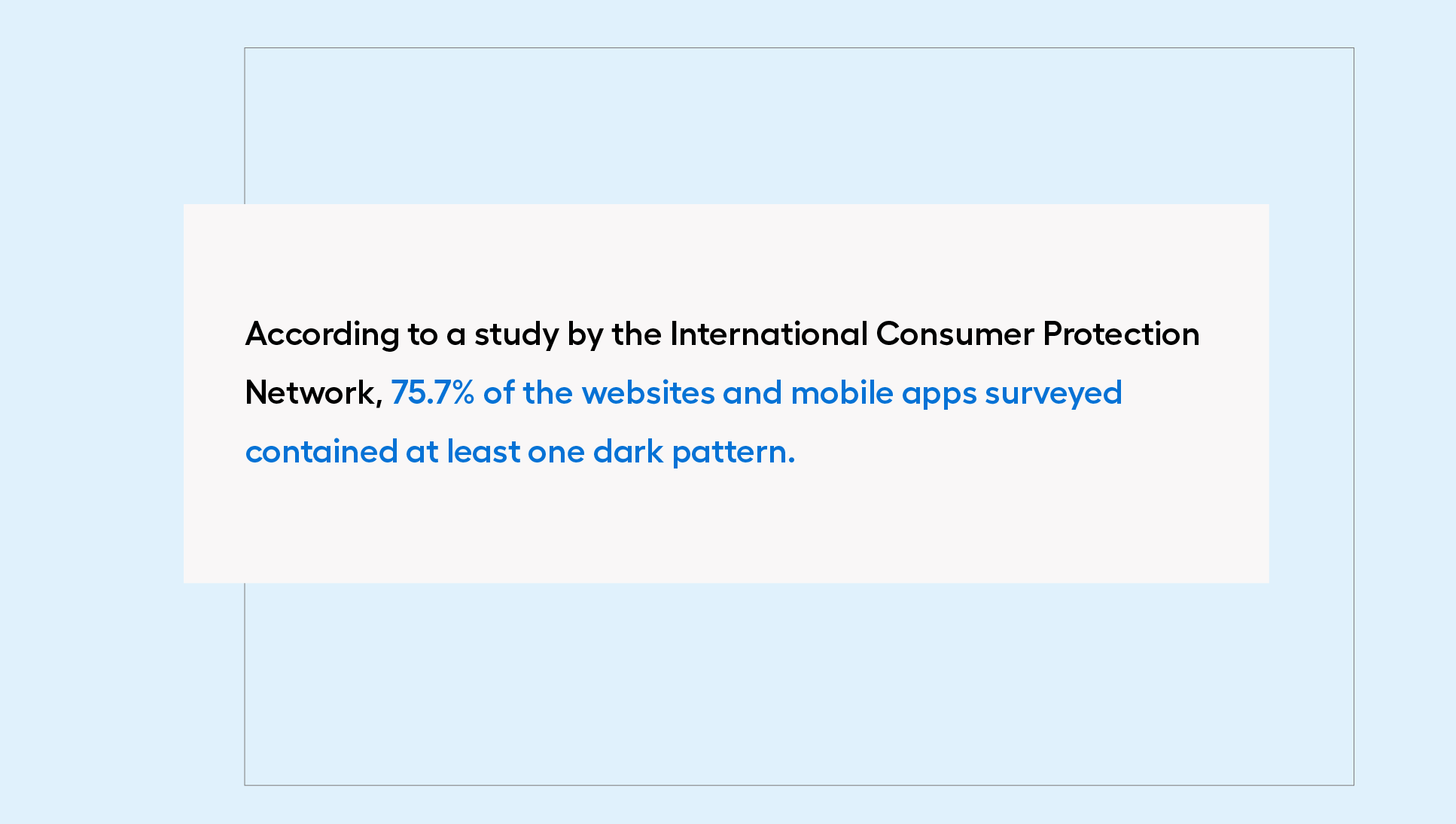
It turns out that the use of dark patterns is not an isolated phenomenon. According to a global eCommerce market study conducted by the International Consumer Protection Network (in cooperation with UOKiK), such practices are widely used. The analysis showed that 75.7% of the surveyed websites and mobile apps contained at least one dark pattern, and 66.8% used two or more such mechanisms. The most common examples of dark patterns include:
- Fake countdown timers – countdowns to the end of a promotion that, in reality, doesn’t expire.
- Hiding buttons – e.g., a barely visible button to remove a product from the cart.
- Deceptive interfaces – giving buttons an unintended purpose, such as a “Buy Now” button where a “Continue” button should be.
- Pre-selected consents – automatically checking consent boxes without the user’s explicit approval.
- Complicating subscription cancellations – making the process to withdraw consent or cancel a subscription unnecessarily complex.
In response to the popularity of these practices, UOKiK is working on a project aimed at more quickly and effectively detecting and combating dark patterns using artificial intelligence (AI) tools. The project envisions the development of a tool that, using AI algorithms, will automatically detect prohibited practices in online stores. Additionally, UOKiK has published a "White Paper" detailing how AI can be safely used to protect consumer rights and improve law enforcement.
Legal regulations to remember when selling online
The online sales industry is developing rapidly – so rapidly that legal regulations must constantly be updated and, in some cases, created from scratch to keep up with the market's needs. Therefore, when running an online business, it is crucial to stay up-to-date with new regulations, both Polish and EU. Regardless of the size of your business, sellers must adapt to the evolving rules, not only to protect consumers but also to avoid hefty fines.
Keep in mind that the scope of regulations that apply to you as a business owner depends on many factors, such as the type of product sales (different regulations apply for physical goods vs. digital content) or the markets you sell to (selling internationally subjects you to local laws as well). To ensure you're operating legally, it's wise to consult a specialist. Additionally, it's important to be aware of the most significant and commonly applicable regulations in the eCommerce industry, such as:
- The Omnibus Directive – introduces several new obligations for eCommerce sellers, such as the requirement to transparently inform about prices and the authenticity of posted reviews to prevent fake reviews. The main goal of the directive is to increase transparency and protect consumer rights in online trade.
- The Digital Services Act (DSA) – regulates the operation of online platforms, introducing rules regarding responsibility for content and ensuring greater transparency in data and algorithm management.
- The Digital Markets Act (DMA) – aims to prevent monopolies in the digital sector, imposing obligations on large platforms to ensure fair competition and an open market.
- The GDPR Privacy Policy – regulates the protection of personal data, giving users more control over their data and imposing obligations on businesses in terms of data processing and security.
Could you face a UOKiK fine?
Running an online store is not just about effective sales but also about building relationships with consumers based on trust and transparency. Transparency, fairness, and a commitment to positive customer experiences are the foundations of loyalty and long-term relationships. If you're running your eCommerce business this way and staying updated with legal regulations, you can be confident that you're minimising the risk of violations.
Customers appreciate stores that respect their rights and take care of their needs, which builds their trust and encourages repeat purchases. By operating within the law, you don't need to fear UOKiK inspections; instead, you can focus on growing your business and strengthening your position in the market.
